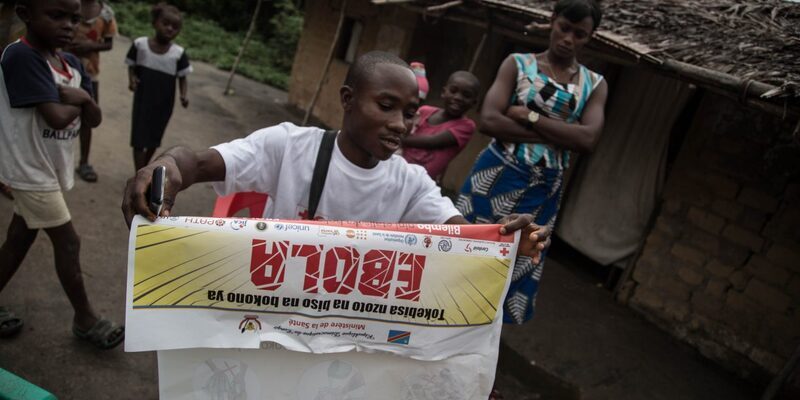
$ 5 m “PropteX” Program aims to support startups, innovation
Paragon Developments has teamed up with Adeer International, PMaestro alongside their German partner, QNTF, to ...

The US Agency for International Development (USAID) decided to provide about $23.4 million in additional humanitarian aid to help contain Ebola in the Eastern Democratic Republic of Congo (DRC) and neighboring countries, the second-largest outbreak of the disease on record.
This brings the total USAID assistance since the Ebola outbreak in August 2018 to over $340 million, which includes support for regional Ebola-preparedness activities in the DRC and neighboring countries.
The US has contributed nearly $600 million in support of the efforts of the DRC Government and partners to end the Ebola disease, especially under the new US-DRC Privileged Partnership for Peace and Prosperity.
With this new funding, the US is continuing to provide life-saving assistance through its on-the-ground partners, including activities to prevent and control infections in health facilities, enhance disease surveillance, and train health-care workers.
The US is also supporting community-engagement efforts, and working with non-governmental organizations (NGO) to educate the public through radio programs, news bulletins, and public debates. These programs will benefit affected and at-risk community members, including survivors of Ebola.
The response is not over and the complexity of the Ebola response is further challenged by the COVID-19 emergency. Stopping the spread of Ebola requires a concerted, unified effort from the entire international community, including the United Nations and regional governments-in close partnership with the Government of the DRC and local communities.
The United States strongly encourages other donors to provide additional financial and technical support to help bring an end to this outbreak, and calls upon the governments of all countries that identify suspected cases of Ebola and other deadly infectious diseases to report them promptly and transparently, in accordance with the International Health Regulations (2005).
Paragon Developments has teamed up with Adeer International, PMaestro alongside their German partner, QNTF, to ...
Crédit Agricole Egypt Foundation for Development and Schneider Electric have successfully concluded the Second Phase ...
The European Commission (EC) has decided to register a European Citizens’ Initiative (ECI) entitled ‘Save ...


اترك تعليقا